Ultomiris, known by its generic name Ravulizumab, is a medication used to treat two rare and life-threatening blood disorders, namely paroxysmal nocturnal hemoglobinuria (PNH) and atypical hemolytic uremic syndrome (aHUS). These conditions are characterized by the excessive destruction of red blood cells, leading to anemia, organ damage, and other serious complications. Ultomiris is designed to inhibit the complement system, which plays a central role in the pathogenesis of these disorders. Here is a detailed description of Ultomiris (Ravulizumab):
- Mechanism of Action: Ravulizumab is classified as a complement inhibitor. It works by specifically targeting and inhibiting the complement protein C5. The complement system is a part of the immune system responsible for helping the body fight infections and remove damaged cells. However, in PNH and aHUS, it becomes overactive and attacks healthy cells, including red blood cells. By inhibiting C5, Ultomiris prevents the formation of the terminal complement complex (C5b-9) responsible for cell destruction.
- Indications: Ultomiris is indicated for the treatment of two rare blood disorders: paroxysmal nocturnal hemoglobinuria (PNH) and atypical hemolytic uremic syndrome (aHUS). It is used to reduce hemolysis (the breakdown of red blood cells) and manage the complications associated with these conditions.
- Administration: Ravulizumab is administered intravenously (IV) in a healthcare setting. The dosing regimen is initially more frequent and then transitions to a maintenance schedule. The exact dosage and timing are determined by the healthcare provider based on the patient’s specific condition and response to treatment.
- Effectiveness: Clinical studies have demonstrated the effectiveness of Ultomiris in reducing hemolysis and preventing complications in patients with PNH and aHUS. It offers a significant improvement in the management of these life-threatening disorders compared to previous treatment options.
- Safety Profile: Like all medications, Ravulizumab may have potential side effects, including headache, upper respiratory tract infections, and hypertension. Patients should discuss potential side effects and any concerns with their healthcare providers.
- Monitoring: Patients receiving Ultomiris may require regular monitoring of their blood counts, kidney function, and overall response to treatment. This helps ensure that the medication is effectively managing their PNH or aHUS.
- Contraindications: Ravulizumab is generally not recommended for individuals with known hypersensitivity to the drug or those with unresolved Neisseria meningitidis infections.
- Research and Development: Ultomiris represents a significant advancement in the treatment of PNH and aHUS, offering a more convenient dosing schedule and improved management of these rare blood disorders. Ongoing research may explore its long-term safety and efficacy.
It is essential for individuals with PNH or aHUS to consult with a healthcare provider who is knowledgeable about these conditions and their treatment options. Ultomiris (Ravulizumab) provides hope for improved symptom management and a better quality of life for those living with PNH or aHUS.

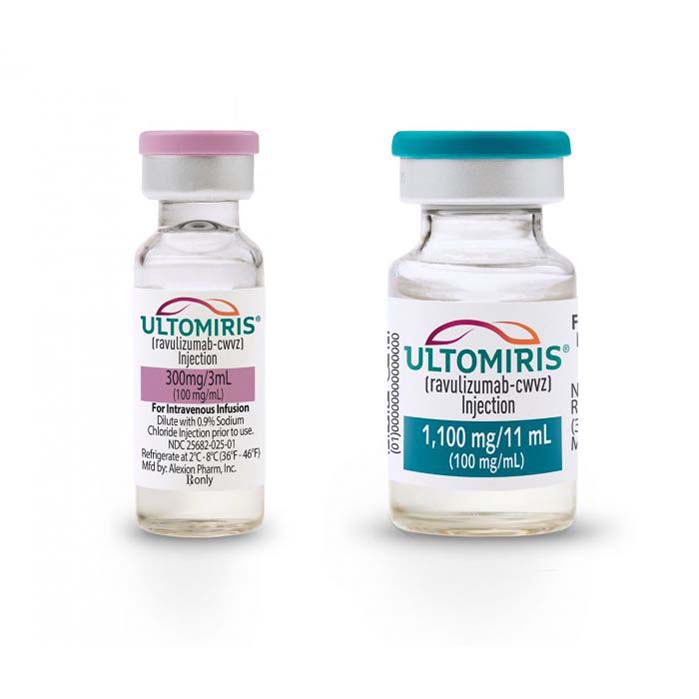
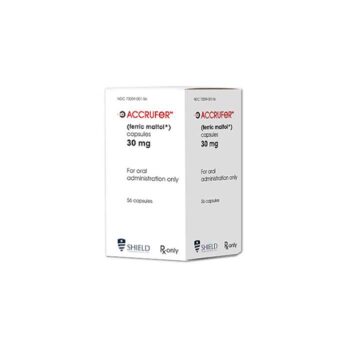
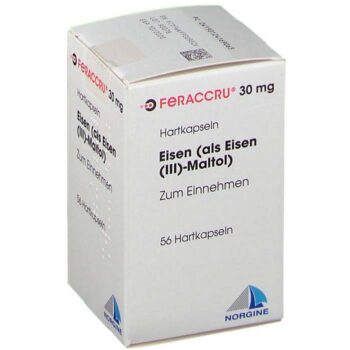
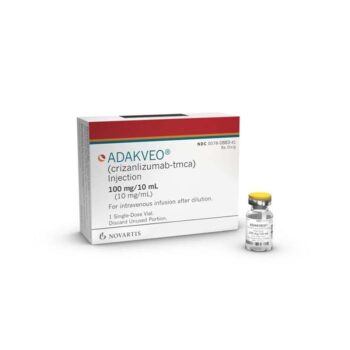
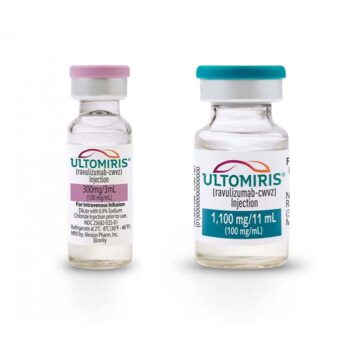

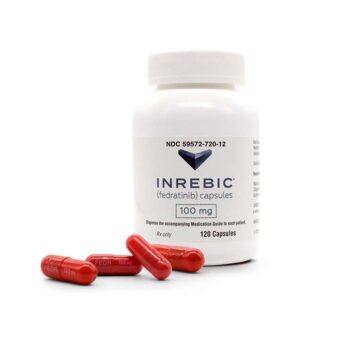
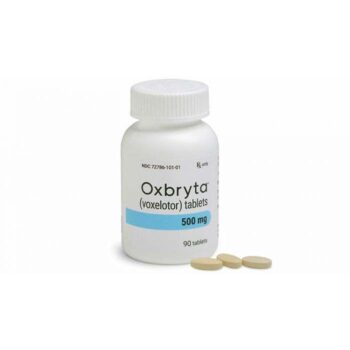


Reviews
There are no reviews yet.